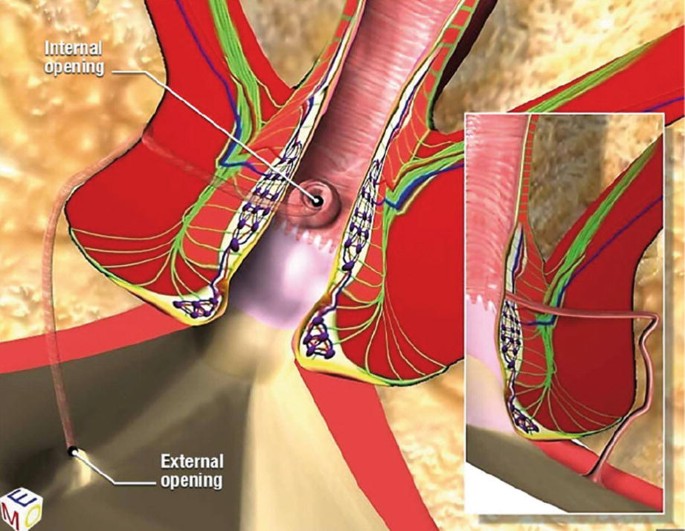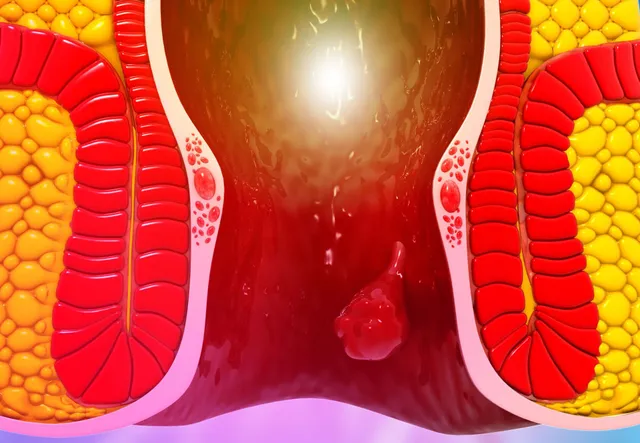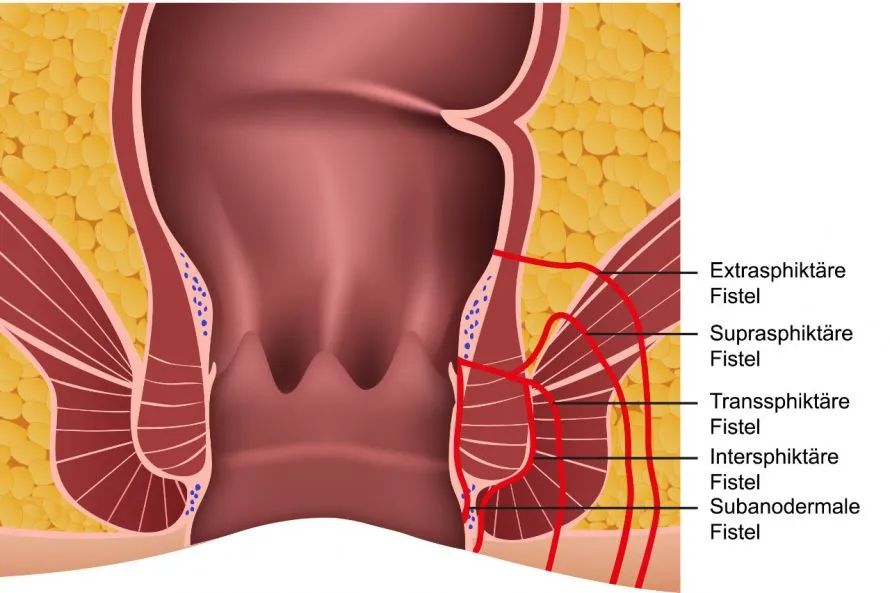Have you undergone surgery for an anal fistula, only to find that it came back again? You are not alone. Many patients feel frustrated and hopeless when the problem recurs after one or even two surgeries. At Karan Hospital, we understand how emotionally and physically draining this condition can be. In this blog, we will explain why fistulas return, how they form, and what you can do to find lasting relief.

The anal canal is one of the most infection-prone areas of the body. It contains tiny glands on either side, just inside the anus. These glands help secrete mucus, but sometimes, a stool particle or mucus plug can block a gland, especially in people with constipation or hard stools. Once blocked, bacteria quickly multiply and form an abscess—a pocket of pus. If this abscess is not completely drained or bursts on its own, it creates a small tunnel under the skin called a fistula. This tunnel connects the infected gland (inside the anus) to the skin surface outside. And if not treated completely including all extensions, branches, and the internal opening the fistula may keep coming back.

Many patients ask: "Doctor, I've already had surgery. Why is the fistula back again?" Here are the most common reasons:

At Karan Hospital, we specialize in minimally invasive, sphincter-saving treatments for complex and recurrent fistulas. Here is how we approach it:
In Simple Words: It is Not Your Fault – Fistulas recur not because you did not follow post-op care, but because the disease is deep, complex, and tricky. It requires an experienced eye, modern tools, and personalized care.
Fistulas recur not because you did not follow post-op care, but because the disease is deep, complex, and tricky. It requires an experienced eye, modern tools, and personalized care.
At Karan Hospital, we combine the latest techniques with years of experience treating all types of fistulas, including those that have returned after surgery.

